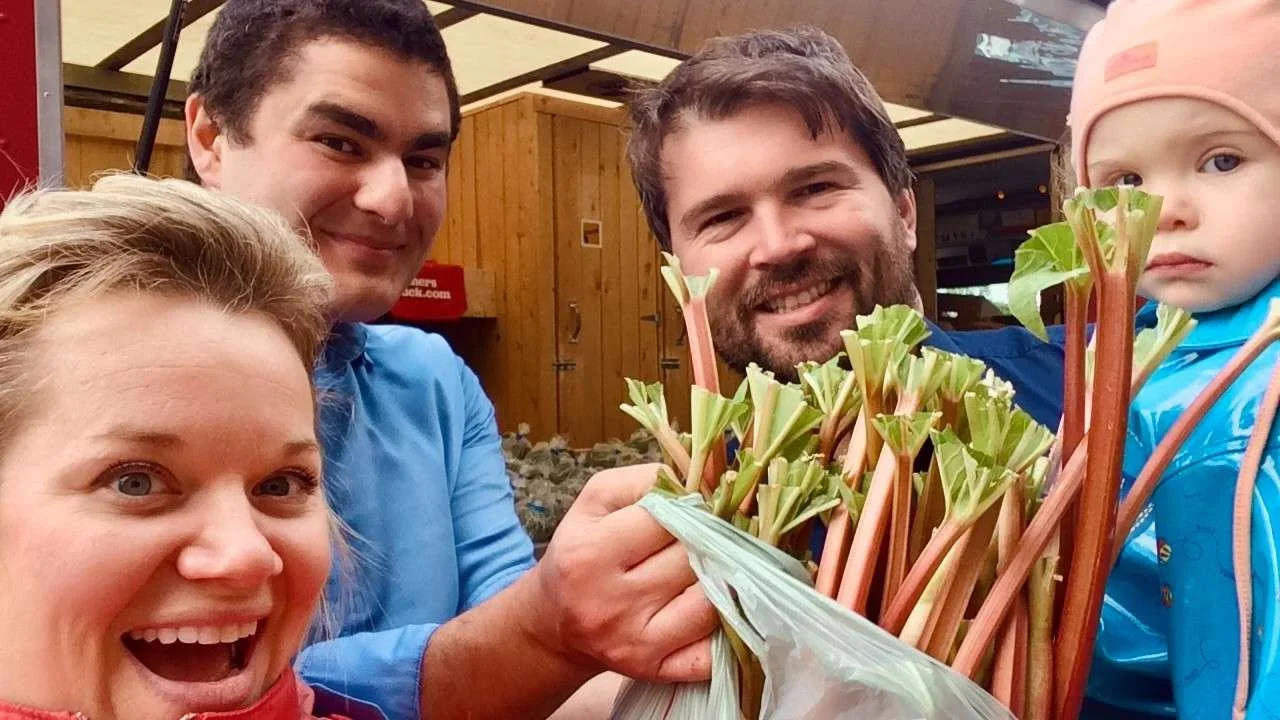The Lesson Starts at Home
A parent walks up to the mobile market with a stroller. It’s hot. The toddler’s fussy. The parent is tired.
They’re not thinking about fiber, antioxidants, or food systems.
They’re thinking: What can I make that my kid will eat? What will last till Friday?
We hand them produce. They thank us.
But what if we handed them something else, too? A spark. A question. A moment.
Food access is urgent. But it’s not enough.
If we stop at distribution, we’re only solving half the problem.
Because food without literacy is just another item to figure out. Another task. Another stressor.
Food literacy is the ability to understand, prepare, and enjoy fresh food—confidently.
It turns “I don’t know what to do with this kale” into “Look what I made.”
It replaces shame with agency. Fear with curiosity. Disconnection with joy.
It starts with the kids.
But it doesn’t end there.
Kids are natural food explorers—until we train them out of it. And here’s the magic: when a child lights up at the smell of basil, or proudly crunches into a sugar snap pea…
The parent notices.
They ask questions, they get curious, and they want to be part of it, too.
We’ve seen it again and again: Kids who get excited about food pull their families in with them.
That’s how food habits shift. Not with lectures. But, with laughter, with color, and with pride.
Neurodiverse kids aren’t picky. They’re perceptive.
Sound. Texture. Routine. Smell.
They process food differently—and often, more deeply.
So instead of pressuring them to try it, we invite them to explore it.
Let them touch it. Smell it. Name it. Play with it.
Let food be a story they get to write.
You don’t need a curriculum. You need an invitation.
A veggie passport. A rainbow hunt. A tasting table.
A smile and a “You don’t have to like it—but you can try it.”
Every time we invite a child to engage with food, we plant a seed.
And when that seed grows? That child teaches their parent. That parent feeds their community.
That community reclaims its power.
Fresh food isn’t the end of the story. It’s the beginning.
📣 New webinar next week: I’m speaking with Dr. Yum, a pediatrician who left private practice to build a national movement for food literacy. We’ll talk about kids, neurodiversity, and how food literacy transforms not just what families eat—but how they live.
#FoodLiteracy #FoodAccess #FoodIsMedicine #Parenting #MobileMarkets #PickyEaters #Neurodiversity #SocialImpact #FarmersTruck #FoodJustice #HumanCenteredDesign

